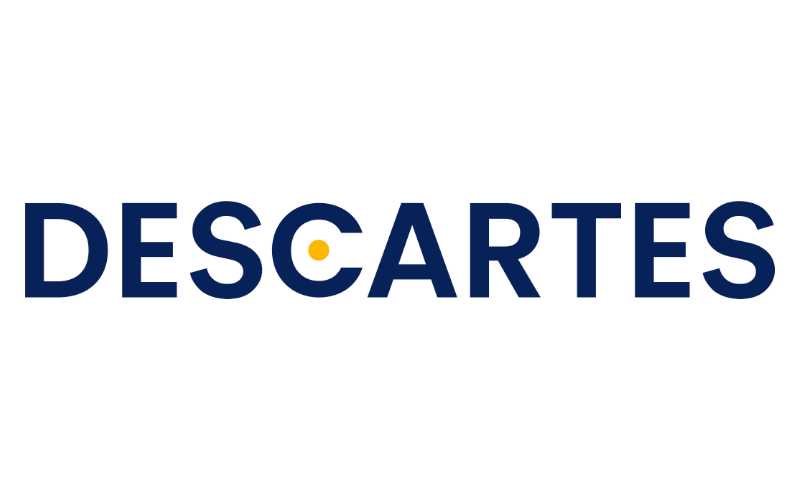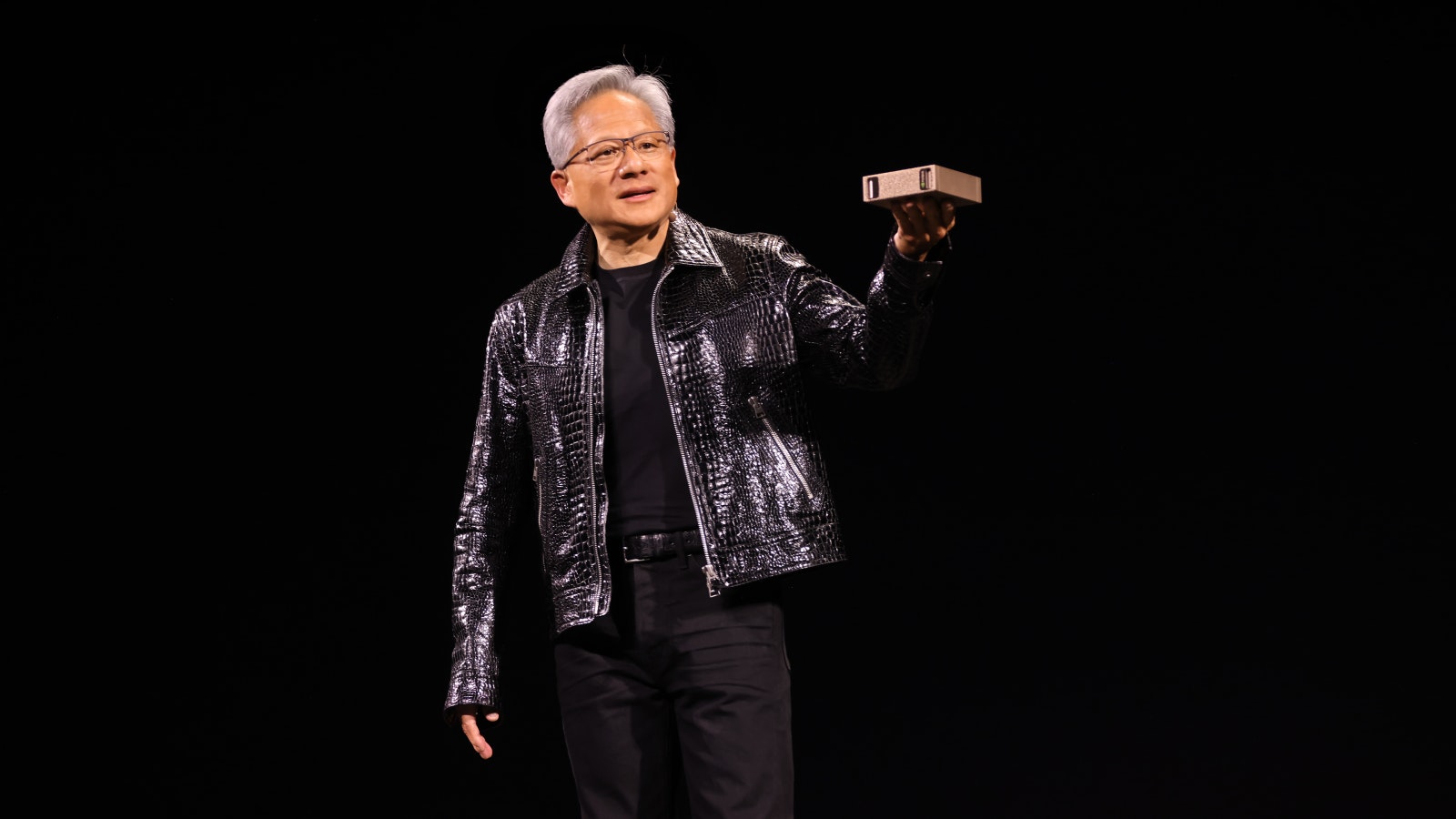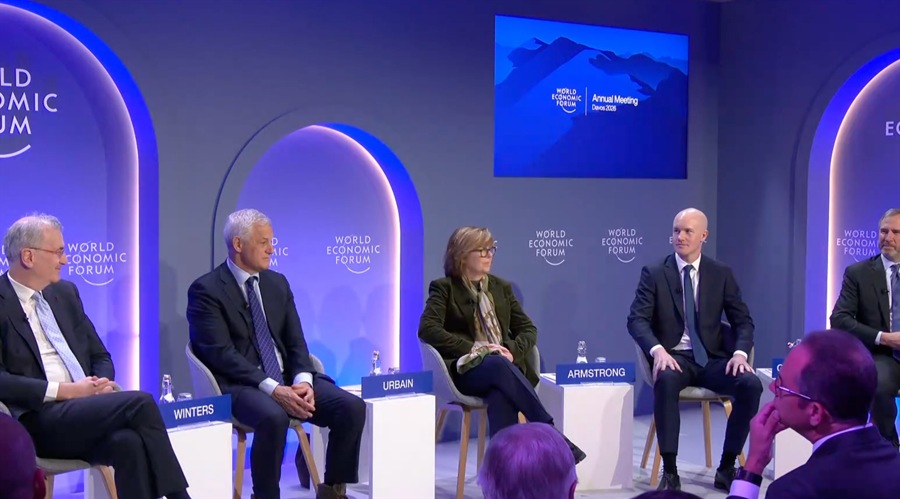With virtual reality taking the world by storm, governments are faced with a new frontier of regulation. How will they navigate this uncharted territory and what impact will it have on society?
The Rise of the Metaverse
The metaverse, a term coined by sci-fi author Neal Stephenson, refers to a shared virtual reality space where users can interact with each other and digital objects in real-time. With the advent of virtual reality technology and the growth of social media, the idea of a metaverse has become a reality. As virtual worlds and online gaming become more sophisticated, the line between the digital and physical world is becoming increasingly blurred. Governments around the world are faced with a new frontier of regulation and are grappling with how to handle this new reality.
Governments Are Navigating a New Frontier
The rise of the metaverse presents a new set of challenges for governments around the world. As virtual spaces become more sophisticated, the line between the digital and physical world becomes increasingly blurred. This has raised several questions about how to regulate these virtual spaces and what impact they will have on society. Governments are grappling with how to handle issues such as privacy, security and intellectual property rights. In addition, there is the question of how to regulate the use of virtual currencies and how to enforce laws in virtual worlds.
South Korea was the first country to commit funds to a government metaverse strategy and ecosystem. The Ministry of ICT, Science and Future Planning invested $186.7 million to stimulate a government-led metaverse ecosystem. Their strategy is to develop a platform where business can optimize their digital growth. They want to encourage a culture of convergence, which will encourage growth in its education and media industries.
China is hot on their heels. In Feb 2022, China announced their support of 17 government-backed companies to promote the development of sustainable activities within the metaverse.
For those governments and institutions, the governance and regulation within the metaverse is an ongoing conversation. We are now seeing the U.K. government start the discussion with the pioneers in this space.
Recently, I was invited along with several of my peers to join the ongoing conversation here in the U.K.
In recognition of the transformative nature of the metaverse and Web3 technology with its profound effect on our society and the future of our children, an All-Party Parliamentary Group on the metaverse and Web3 chaired by the honorable Baroness Uddin has been set up to consider the influence of these new technologies on policy within parliament, industry and society at large, particularly regarding data protection, safeguarding system security and user safety.
On Jan 25, 2023, 24 expert speakers, pioneers and leaders in the field of Web3 and metaverse were invited to speak. You can find the full list of speakers here.
There was an explosion of ideas, thoughts, sharing of experiences and valuable insights on various Web 3 topics by the experts. There was a general sense of openness, willingness to collaborate, learn and an opportunity to voice concerns that could impede the growth of this technology. Baroness Uddin and her team took note of all the thoughts and views aired by the experts with keen interest.
I took the opportunity to talk about the need for no-code Web 3.0 platforms like https://www.hqnfts.xyz as they are essential for the creation of digital assets that are needed to secure, token gate, build and manage the metaverse and other Web3 experiences. To commemorate the event, Ori Bengal was commissioned to create a unique artwork that embodied the duality of the world we live in for the Phygital Proof of attendance Protocol (POAP) NFTs “House of Lords.” The no-code platform https://www/hqnfts.xyz was used to create the Phygital POAPs.
Conclusion
As virtual spaces become more advanced and sophisticated, it is important for governments to find a way to regulate this new reality. This will require a careful balance between protecting privacy, security and intellectual property rights while also promoting innovation and the growth of this new frontier. It is up to governments and the society as a whole to ensure that this change is for the better.
The views and opinions expressed herein are the views and opinions of the author and do not necessarily reflect those of Nasdaq, Inc.






































